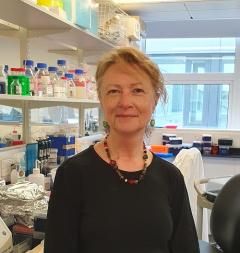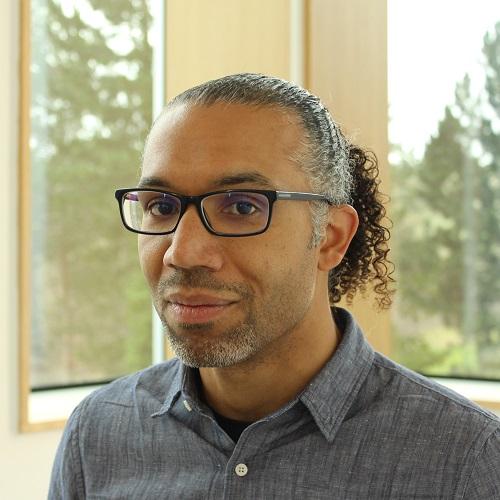Karen Halliday and Steven Spoel become Fellows of the Royal Society of Edinburgh
Professors Karen Halliday and Steven Spoel have been named as Fellows of the Royal Society of Edinburgh within the 2023 cohort.
The Royal Society of Edinburgh (RSE) Fellowship comprises some of the greatest thinkers, researchers and practitioners in their field working in or with organisations in Scotland today.
A total of 91 fellows were elected to join the current roll of around 1800 fellows representing the sciences, arts, business, sports, civil society and academia from across Scotland and beyond.
Professor Karen Halliday, Chair of Systems Physiology and Dean of Systematic Inclusion

Karen studies how plants sense their environment, and the molecular pathways that translate light cues into adaptive physiological responses that influence plant growth.
Environmental signals, such as light and temperature, are the fuel for photosynthesis that drives plant and crop growth. But the molecular pathways that integrate these signals are understudied.
Karen uses systems approaches to biological problems and conducts cross-disciplinary research spanning molecular-genetics, mathematics, computational science, the humanities and social sciences.
Her lab explores how phytochrome light receptors, which control highly sophisticated molecular signalling networks, influence plant growth and development.
These processes are vital to understand as they underpin crop yields. Phytochrome light receptors are major regulators of plant growth and control how plants store food in the form of carbon.
Karen also has longstanding (12+ years) involvement in equality, diversity and inclusion (EDI), internally and externally, and is currently College Dean for Systematic Inclusion.
In this role she works with social scientists to understand the basis of structural discrimination and to derive evidence-based methods for culture change.
I am delighted to be elected a Fellow of the Royal Society of Edinburgh. It reflects on the many talented lab members I have had the pleasure to work with over the years. Also the hard work of colleagues who are committed to creating an equitable work environment, free from prejudice and discrimination.
Professor Steven Spoel, Head of the Institute of Molecular Plant Sciences

Steven’s research aims to improve plant health in an ever-changing environment. This is vital for the sustainable future of agriculture and for establishing food security for a growing global population.
Pesticides are often the only tools at our disposal to protect crops from the continuous threat of plant pests and diseases.
But this type of chemical warfare not only damages the environment, it carries health risks to humans and pollinating insects.
Understanding how pests and other environmental stresses trigger complex immune responses could lead to new ways of genetically enhancing the plant’s immune system.
His lab’s current focus is understanding how chemical modifications that control the activities of proteins and enzymes, known as the epiproteome, trigger the plant’s immune response.
Steven is also passionate about linking frontier science with industrial research and innovation.
In his scientific advisory and consultancy roles he aims to provide strategic solutions and establish inclusive environments that promote innovative thinking to tackle challenges across the plant science and Agri-Tech sectors.
It is a wonderful honour to be elected as Fellow of the Royal Society of Edinburgh and to join a community of outstanding scientists. It recognises the dedication and contributions of talented researchers in my laboratory, past and present, and I hope my election will further inspire under-represented groups in STEM fields.
Related Links

